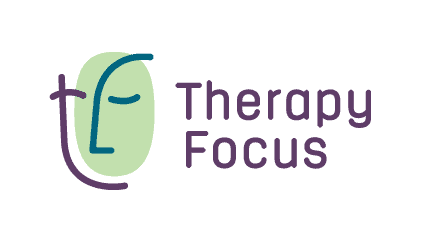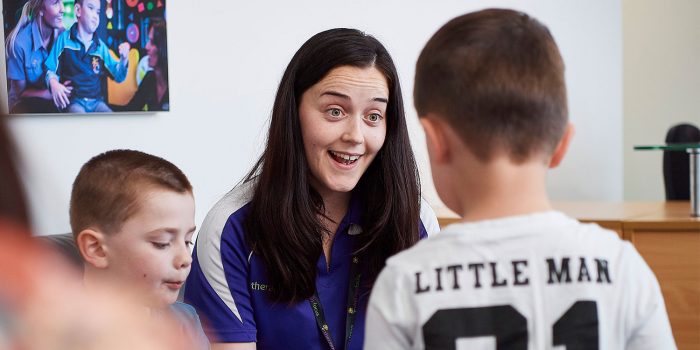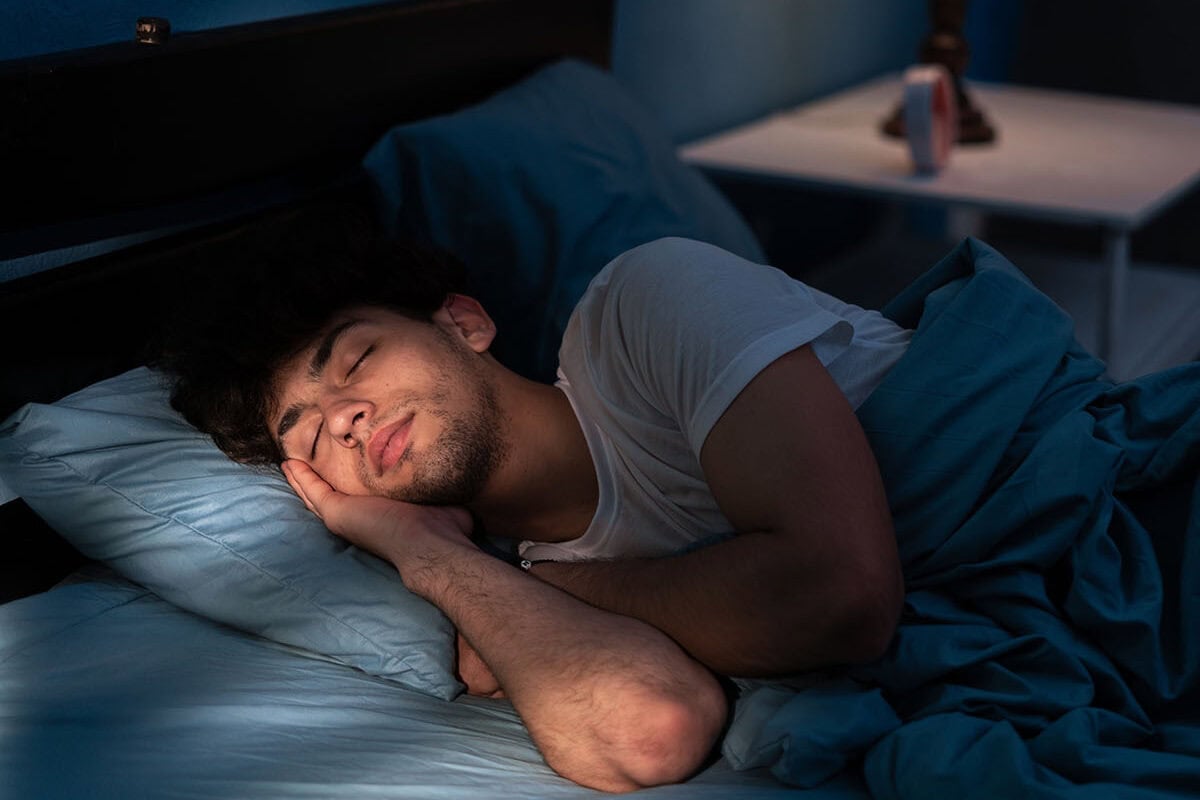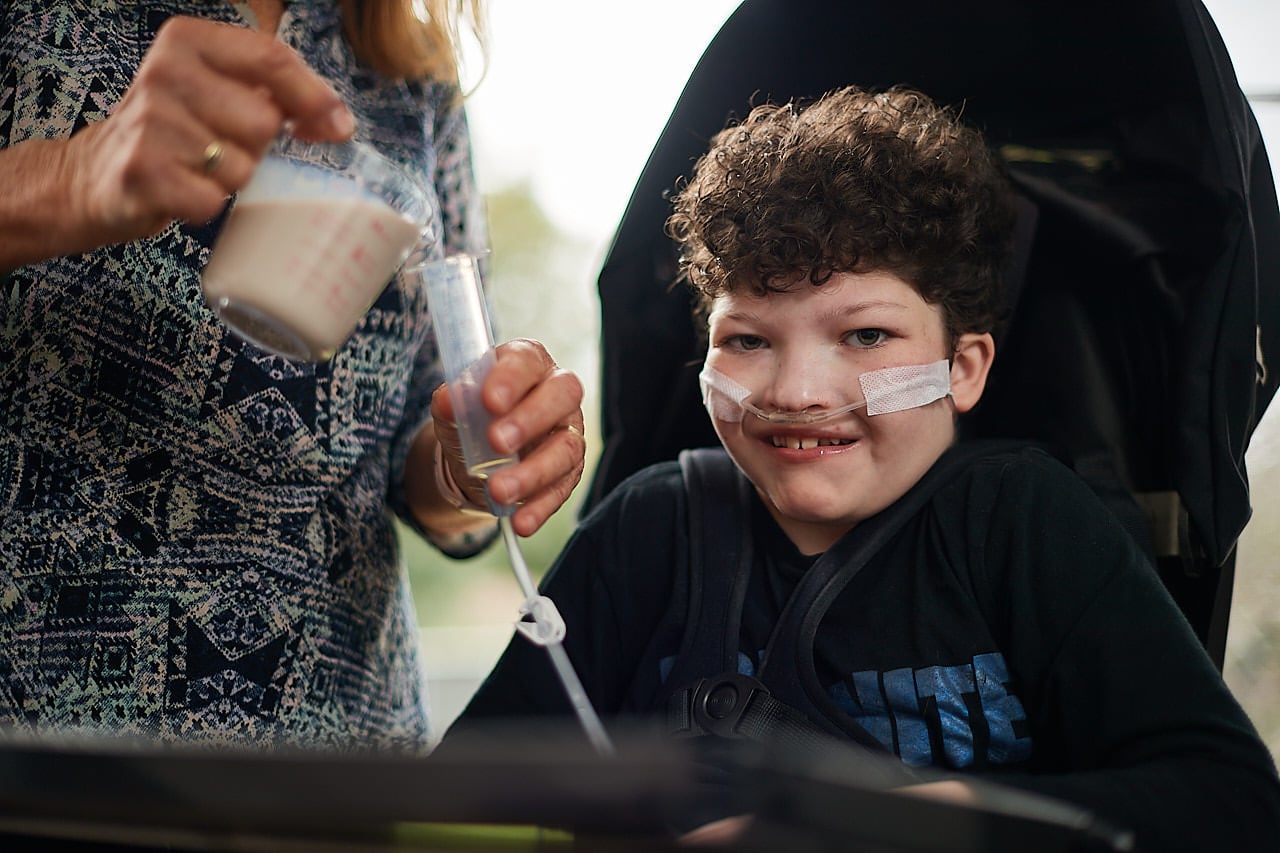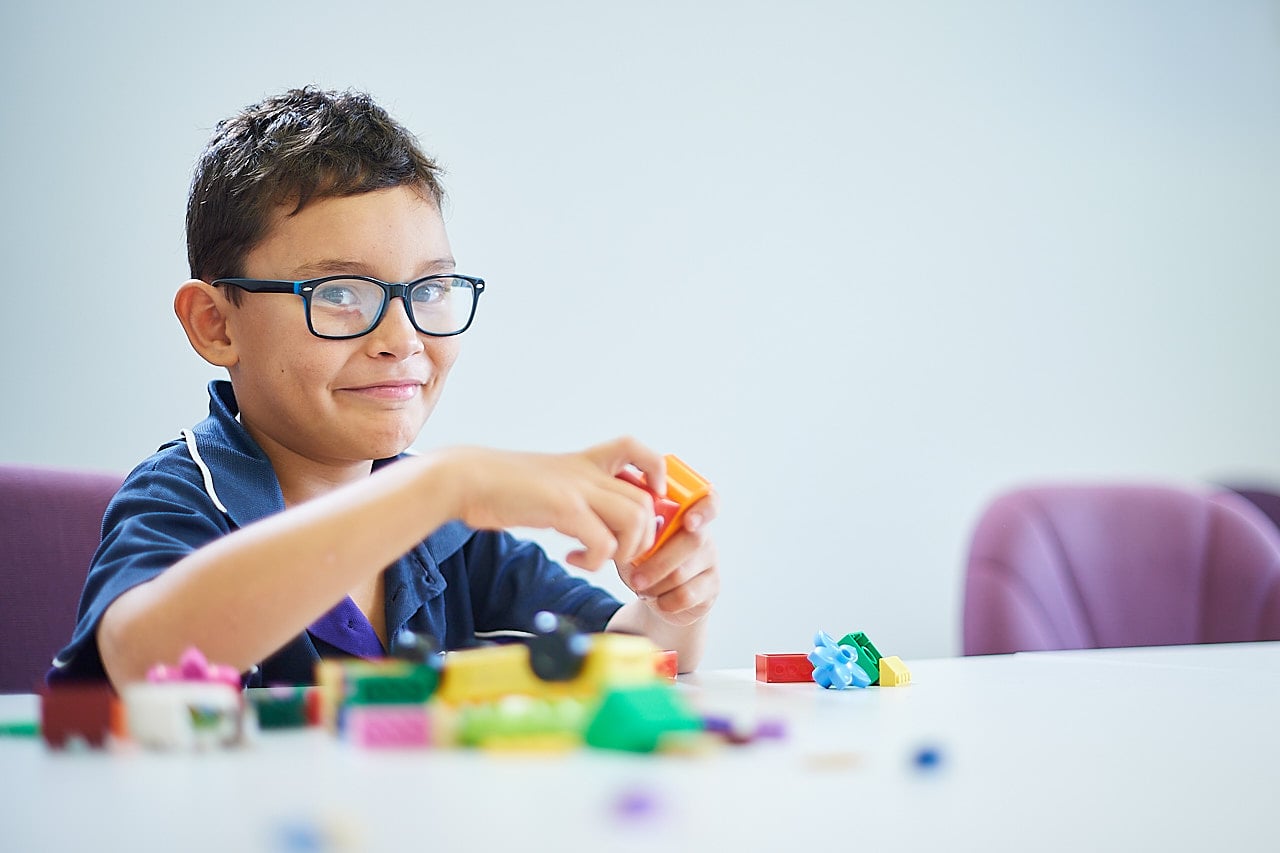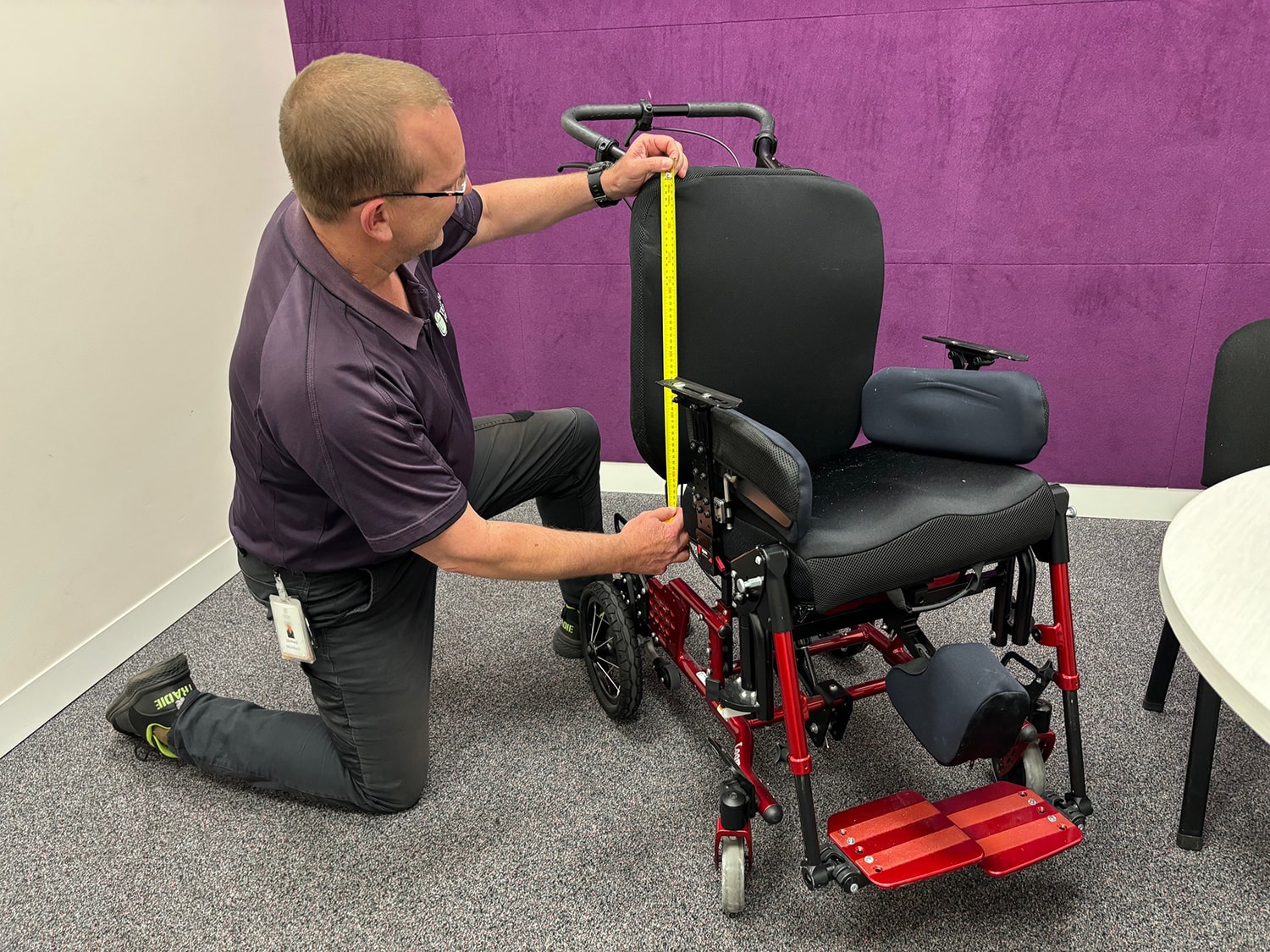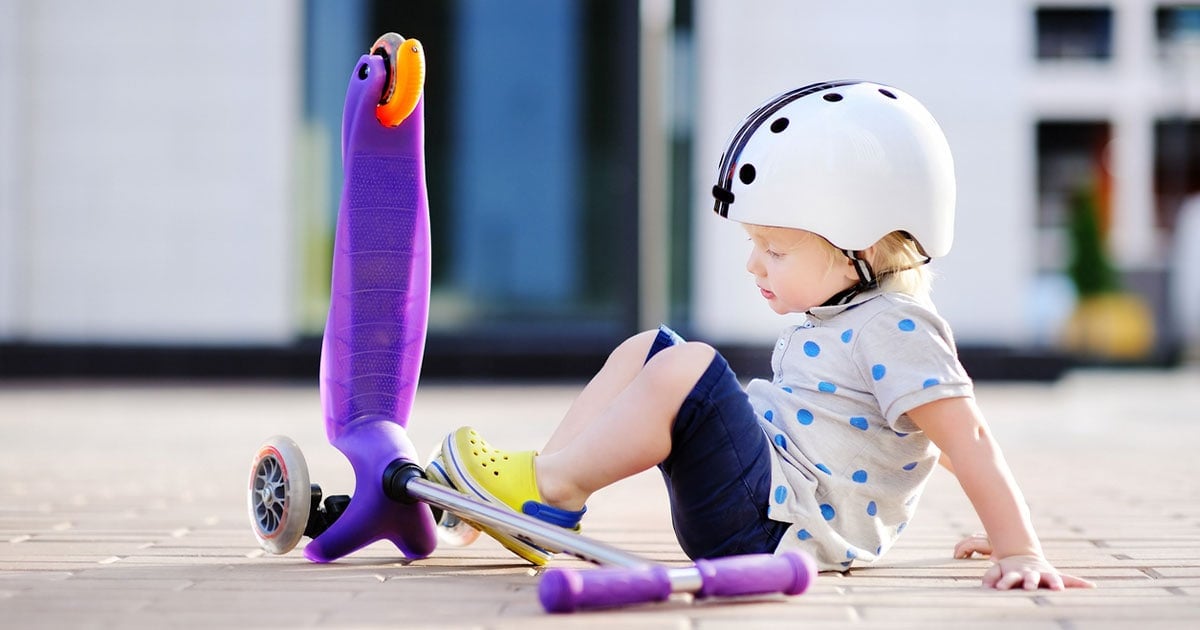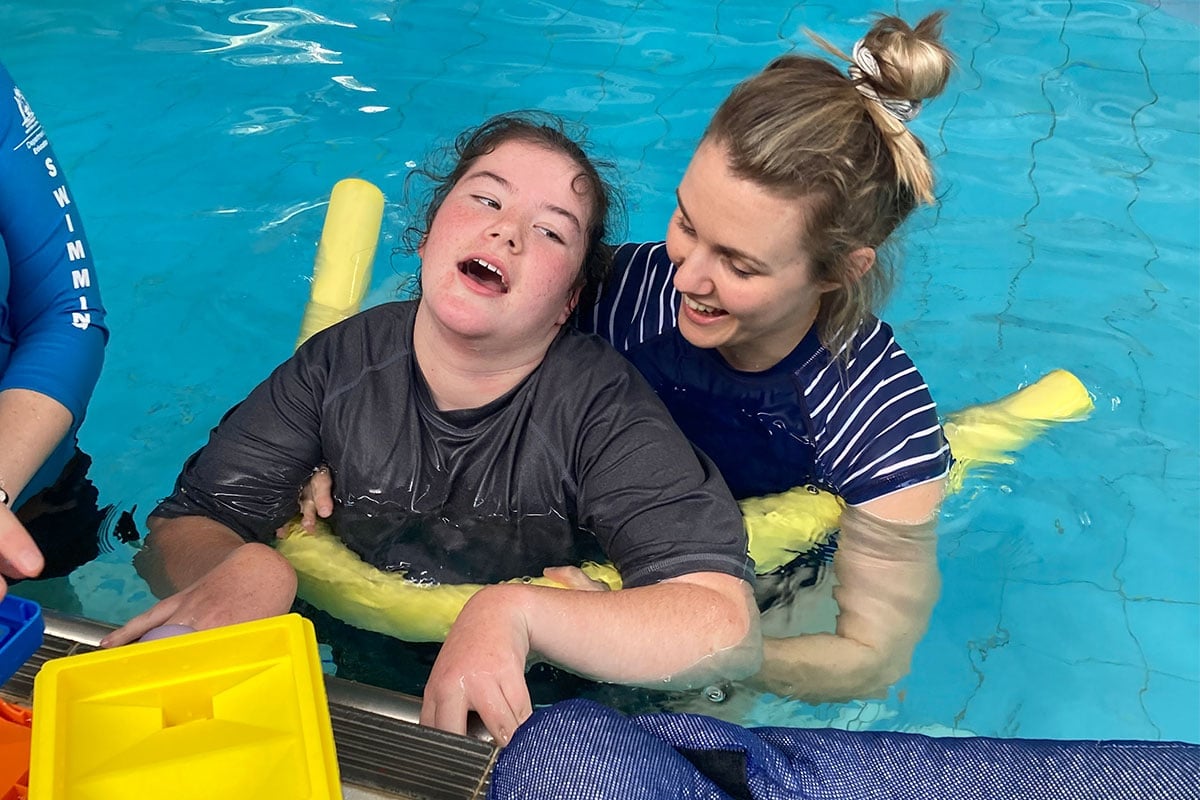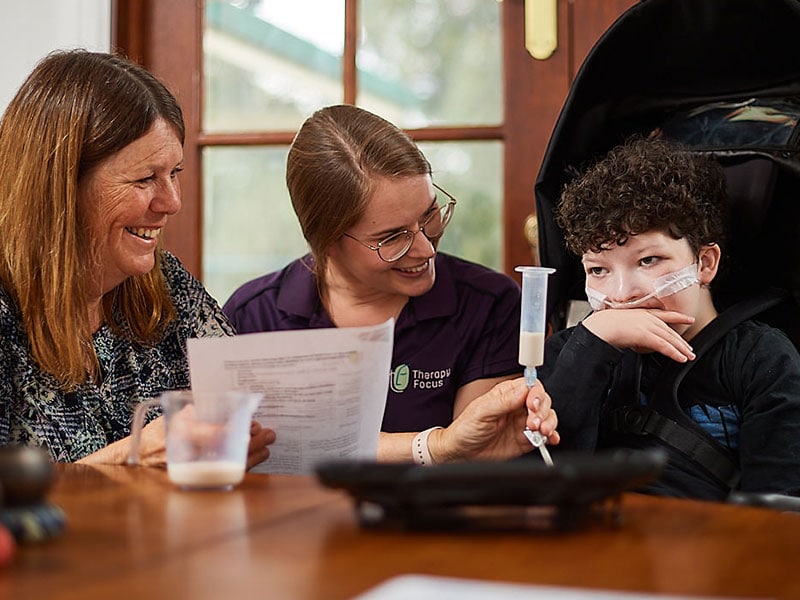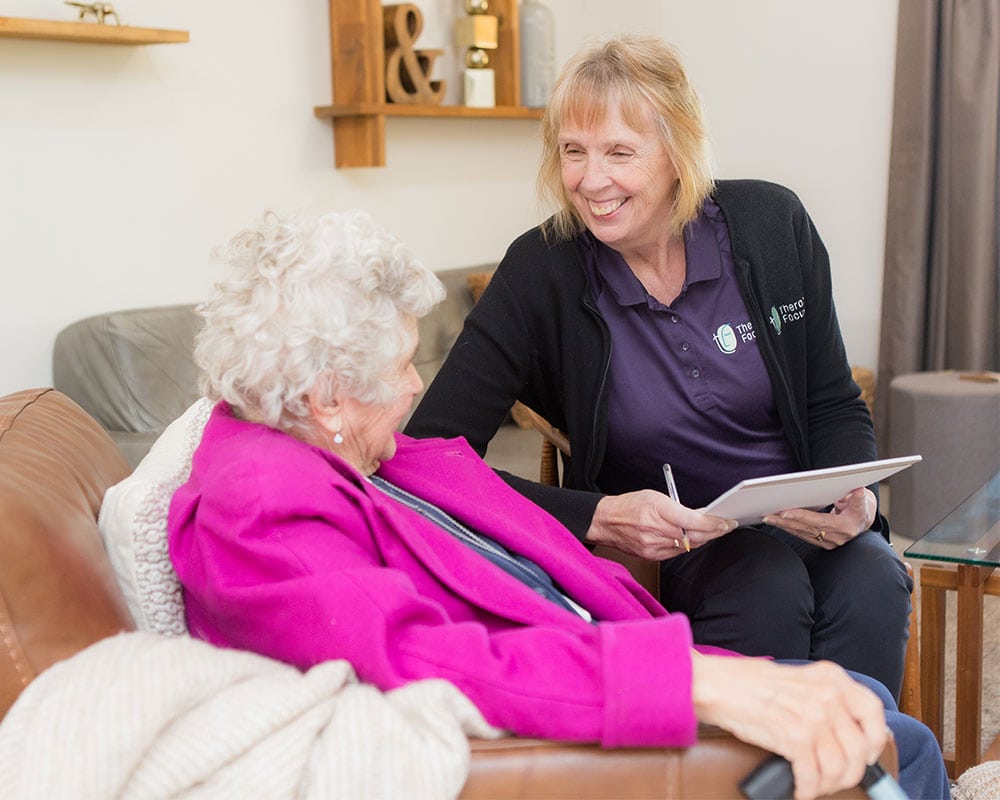Why is my child wetting the bed?
One in five children wet the bed
Bedwetting is the loss of bladder control at night that leads to the release of urine. While it can cause stress in school-age children and their families, bedwetting is quite common in younger children with one in five wetting the bed.
What causes bedwetting in children?
Bedwetting, also known as nocturnal enuresis, can be caused by a mix of the following three factors:
- The kidneys producing too much urine at night
- Deep sleeping/not waking to wee
- Bladder disturbance (e.g. an overactive bladder)
In some cases, children may have learned to stay dry at night, but begin to wet the bed again. The following factors may trigger bedwetting or affect a child’s ability to stay dry at night:
- Genetic factors – bedwetting tends to run in families
- Hormonal factors
- Slow development of the central nervous system, which reduces a child’s ability to stop the bladder from emptying at night
- Constipation – a full bowel can disrupt bladder function
- Urinary tract infections
- Stress or change (e.g. starting a new school, the birth of a new sibling or family disruptions)
- Other medical conditions
Bedwetting is not caused by drinking too much liquid before bedtime, or because a child is too lazy to get out of bed to go to the toilet. Children do not wet the bed deliberately.
When to seek professional help for bedwetting
Many children will stop wetting the bed naturally over time, but sometimes the help of a specialist may be required.
You may need to see your GP if:
- Your child is still wetting their bed at six years old. Bedwetting in children younger than six is fairly common and will likely resolve itself
- Your child is troubled or frustrated by their bedwetting
- Your child wets or soils themselves during the day
- Your child has tried not wearing nappies at night and still experiences accidents
A doctor may then refer you and your child to a continence clinician for help and support. You do not need a GP referral to book an assessment with one of Therapy Focus’ continence clinicians. If there are any abnormalities or areas that need review by a GP following the assessment, we will refer a customer back to their GP for further specialist assessment.
How can a continence clinician help my child?
A continence clinician helps people understand what causes bladder and bowel health issues, and how they can be treated.
A continence clinician will conduct a comprehensive assessment of bladder and bowel function and toilet skills, and then develop strategies to support the individual’s continence goals.
At Therapy Focus, our continence services are tailored to the needs of each individual and can include:
- Toileting program development and support
- Liaison with other stakeholders and anyone who supports the child (e.g. allied health, schools, extended family etc.) to start a nighttime routine and positive bladder/bowel movements
- Management options for incontinence
- Prescription of continence aids (e.g. nappies and pads)
- Provision of resources such as charts and social stories
- Parent and support network education
Want to know more?
Contact us today to learn more about our continence and toileting services.
